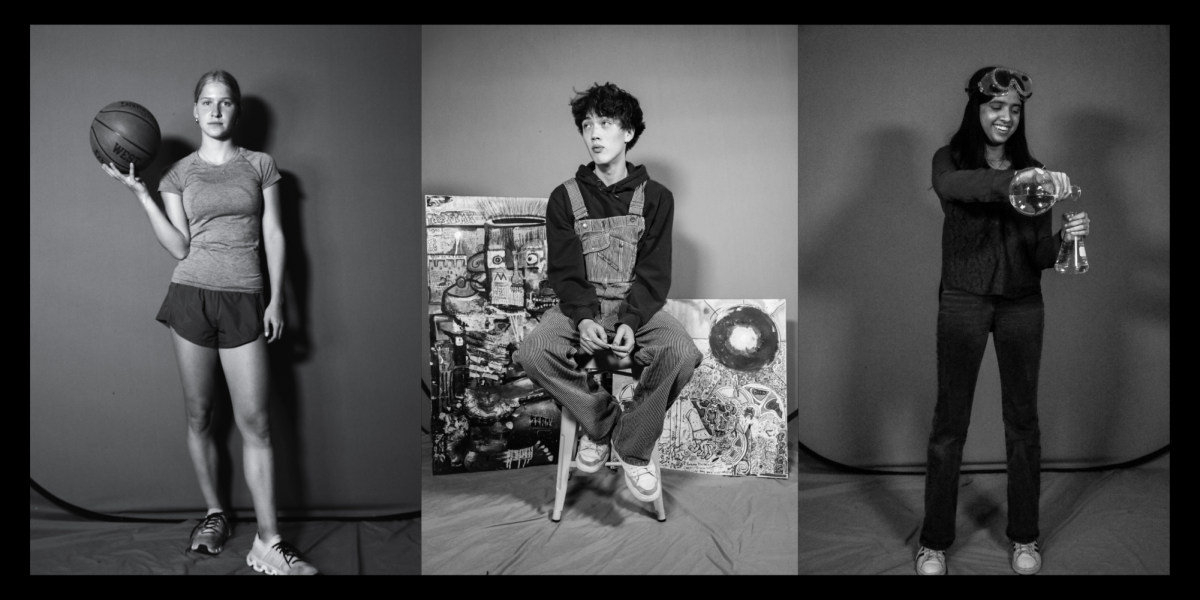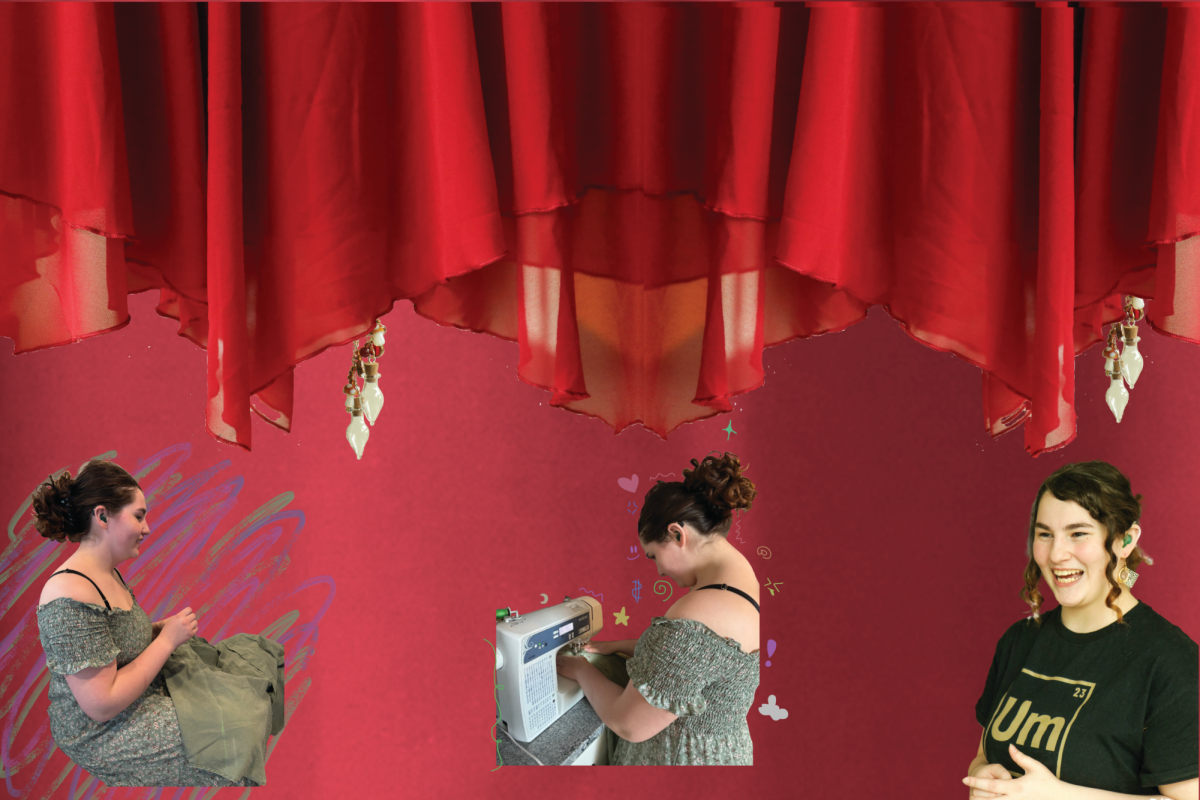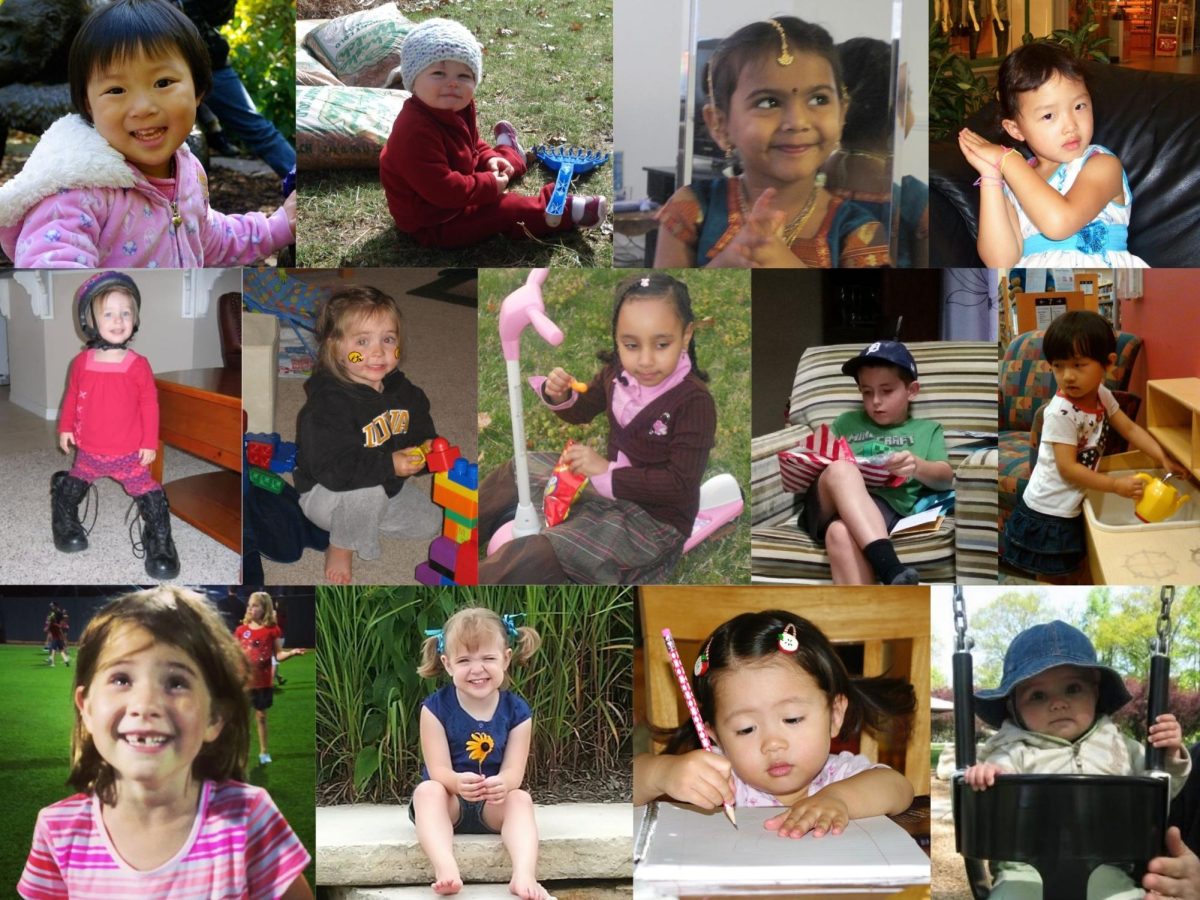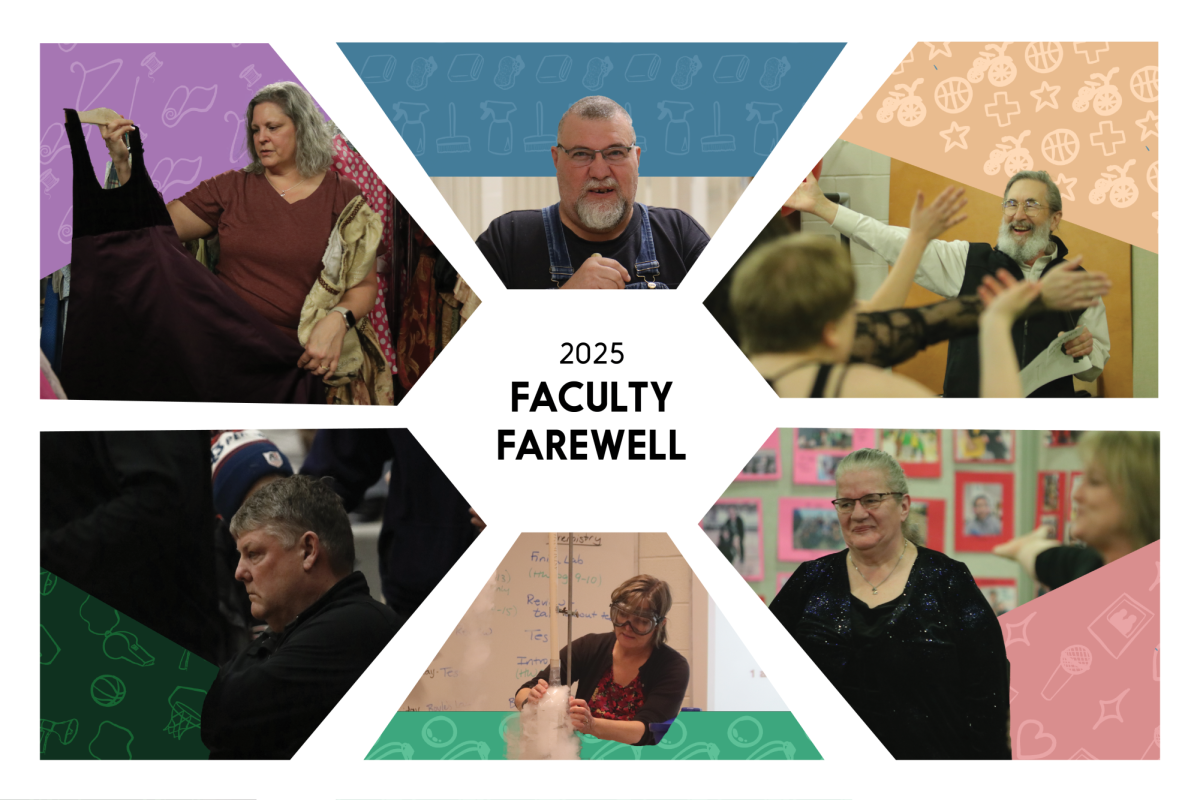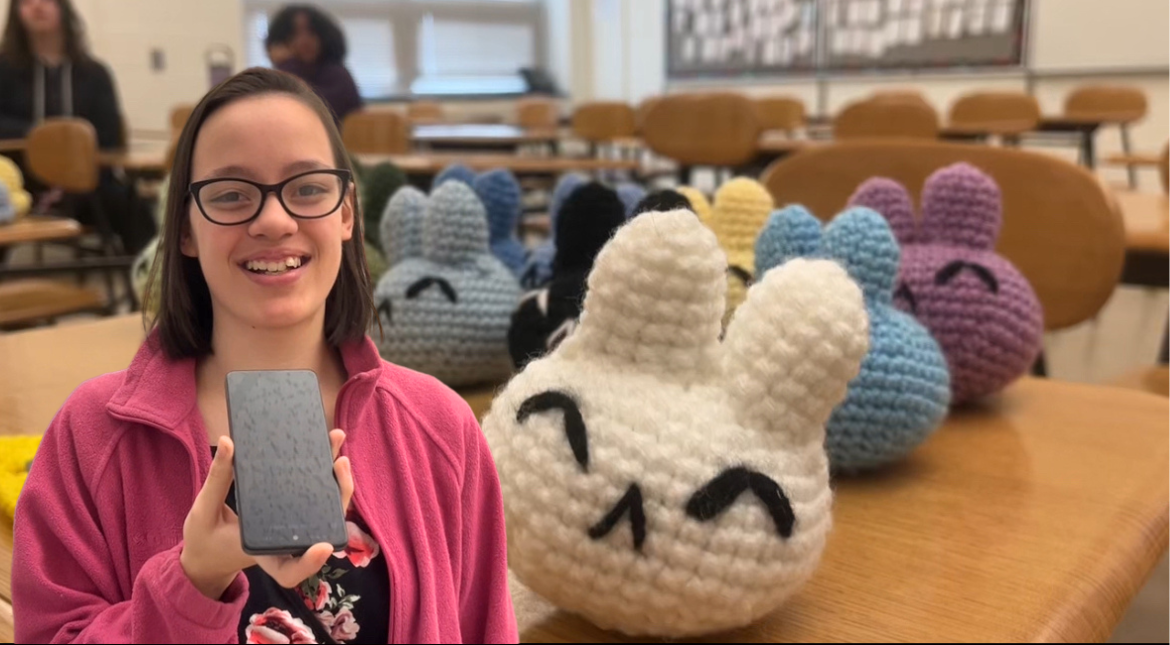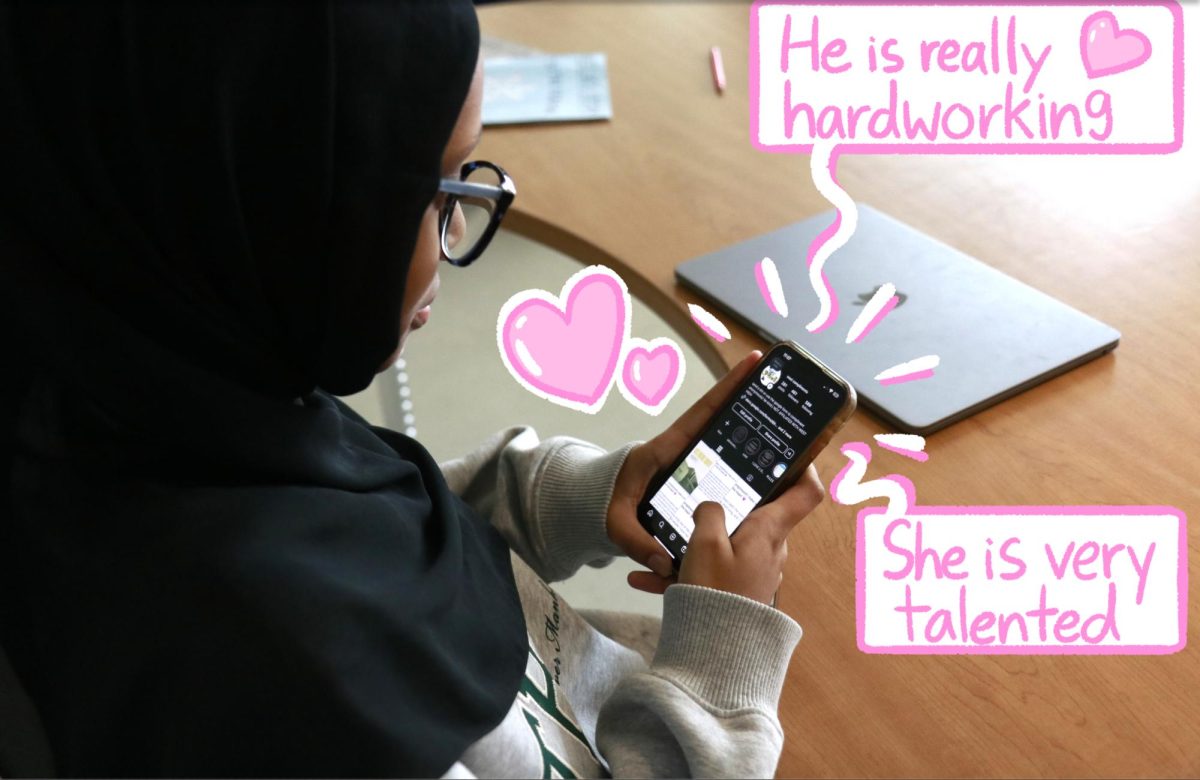Women’s History Month: Patricia Burger
West High math teacher Patricia Burger shares her experience of being in Notre Dame’s first coed graduating class.
Today, most high school graduates are expected to go to college. It is incredibly difficult, if not impossible, to have a well-paying job without a degree. According to the Institute of Education Services, 21.6 million students were predicted to go to an American college after graduating high school in 2012.
However, the outlook for college wasn’t as positive for ’70s female high school graduates. Despite this, math teacher Patricia Burger graduated in Notre Dame’s first coed class with a B.S. in math.
“When I was growing up ,I decided I was going to go to Notre Dame, not realizing it was all boys,” Burger said.
Not only was Burger excited to be majoring in math, but her parents were too.
“To be a girl in math was rare. My parents thought it was great. They were proud,” Burger said.
Burger went on to college as close to Notre Dame as she could have at the time.
“My freshman year I went to St. Mary’s, which is the girls school right across the highway,” she said.
During her freshman year, Notre Dame and St. Mary’s decided they would come together as one school, so Burger soon began the transfer process to Notre Dame. As a sophomore, she took math classes at Notre Dame while still living at St. Mary’s.
And when the uniting of Notre Dame and St. Mary’s did not work out, Notre Dame decided to turn coed on its own.
“My junior and senior year I lived on the Notre Dame campus, so that’s why we are considered the first coed graduating class,” Burger said.
Even though starting a new school can be nerve-wracking for many new college students, Burger had a much different experience.
“I wasn’t scared to go because I’d already taken classes over there,” she said.
Burger’s classes emphasized the lack of women in science and math fields.
“My classes were mainly guys. In my major [math] class there were four girls and about 50 guys. A lot of the other classes I took I was the only girl,” Burger said.
Although St. Mary’s girls were allowed to be students at Notre Dame, girls were not happily welcomed by all guys at Notre Dame.
“When we were actual Notre Dame students, it was different because we were directly competing with them and we had to work a lot harder and prove ourselves,” she said.
Although being a girl going to college in the 1970s was rare, it was an even more selective group of girls to be in Notre Dame’s first coed class.
“It was a really exciting time to be there,” Burger said.


